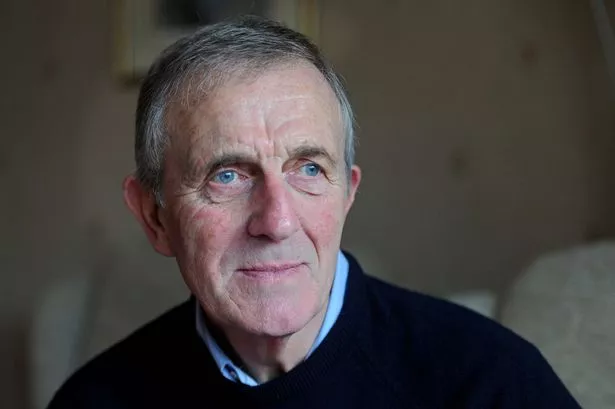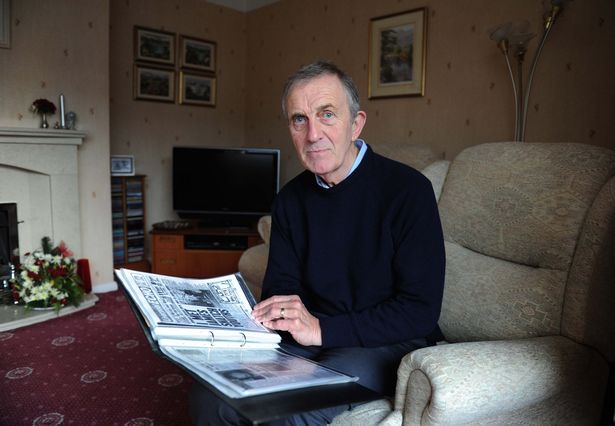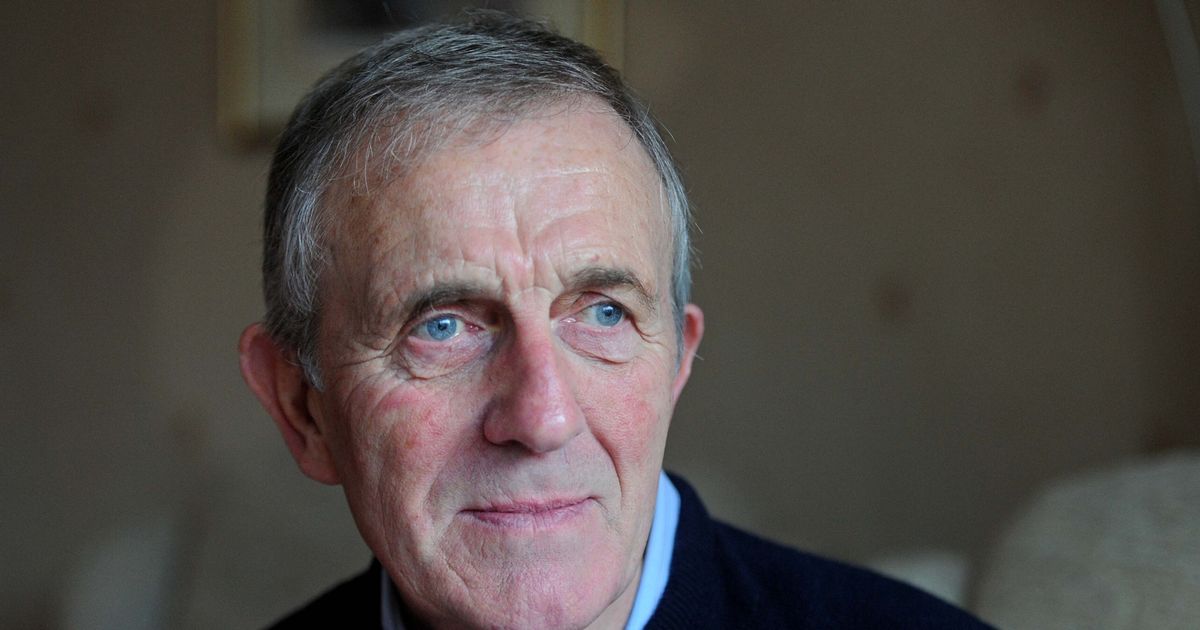Detective Superintendent Albert Kirby led the investigation which led to the conviction of Jon Venables and Robert Thompson Former detective superintendent Albert Kirby, who led the investigation into the murder of James Bulger has died, aged 80(Image: Liverpool Echo)
Former detective superintendent Albert Kirby, who led the investigation into the murder of James Bulger has died, aged 80(Image: Liverpool Echo)
Former Detective Superintendent Albert Kirby, who led the hunt to catch the killers of James Bulger, has died. Mr Kirby, who was 80 years-old, was head of the investigation that brought Jon Venables and Robert Thompson to justice.
James, who was two years-old, was taken from The Strand shopping centre in Bootle on February 12 1993 by Venables and Thompson. The pair took him through the streets of Liverpool before murdering him on a railway embankment near Walton Lane police station.
Thompson and Venables were found guilty after a three-week trial at Preston Crown Court in November 1993. In a tribute, Mr Kirby was described by his family as “a man of deep integrity and loyalty who will be mourned by many”.
The tribute added: “In addition to his outstanding work as a detective over many years, Albert Kirby was much loved by his family, who are deeply saddened by his loss.
“To us he will be remembered as a kind and gentle husband, father and grandfather.”
Mr Kirby died on Wednesday October 29 following a short illness. In an interview with the ECHO in 2013 to mark the 20th anniversary of the case, Mr Kirby revealed he would like to speak to the killers himself.
He said: I’d like to see them. They have dominated my life. I tried to see Venables when I was making a TV documentary, but I was knocked back by his solicitor.
“I did speak to them, but only when they first appeared at South Sefton magistrates court in Bootle. I can’t remember what I said, but I went over and spoke to them and a social worker.
 Albert Kirby pictured in 2013(Image: Liverpool Echo)
Albert Kirby pictured in 2013(Image: Liverpool Echo)
“I’d like to meet them now on a man-to-man basis. I’d like to sit down and talk to them – not so much about what happened but where their lives have gone and how they coped with it.
“If I could do that it would help complete the circle and answer so many questions in my mind. I’d then shake their hands and wish them all the best for the future.”
He continued: “It was the defining case of my career and over the last 20 years it has moulded my life. I have to accept my name is synonymous with what happened. Even now when I go into Liverpool people will, more times than not, stop and speak to me about it.”
He also praised James Bulger’s mum, Denise Fergus, adding: “I think she’s a quite remarkable lady, bearing in mind what happened to her. She has held on to her dignity all the way through. She attacked the tariff Thompson and Venables were given and I fully supported her in that because it was inadequate.
“In my career I saw people who went through nothing like as much as Denise has and their lives were destroyed. But Denise is remarkable – and the way she has handled what happened to James in relation to her other boys is also quite remarkable.”
Mr Kirby was orphaned at a young age, with his dad dying when he was four and his mum when he was seven. He grew up in Bushey, Hertfordshire before joining the Liverpool City Police Cadets in 1962 and became a constable in 1964.
By the time of the Bulger case, he was the head of Merseyside Police Serious Crime Squad. At the request of the family, Kirby read a lesson at James’s funeral. He was awarded the Queen’s Police Medal in 1994 for his work on the case.
After his retirement from the force in 1998, Mr Kirby later worked in the media, presenting crime documentaries and working as a consultant for ITV News. He also worked with master’s students on criminal psychology courses.
Outside of work, he was captain of West Lancashire Golf Club and played a significant role in his local church, St Nicholas in Crosby.
Mr Kirby is survived by his wife, Susan, his son, Ian, and his grandchildren, Tom and Holly.

